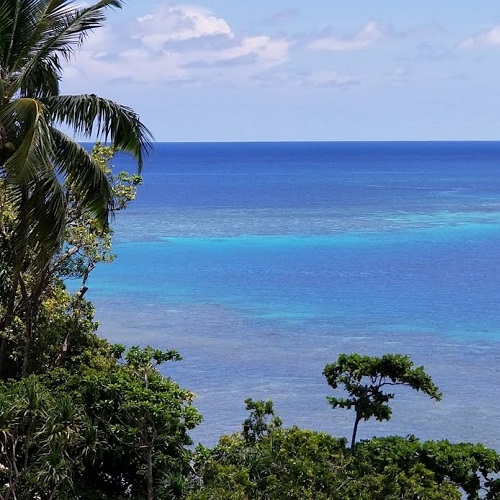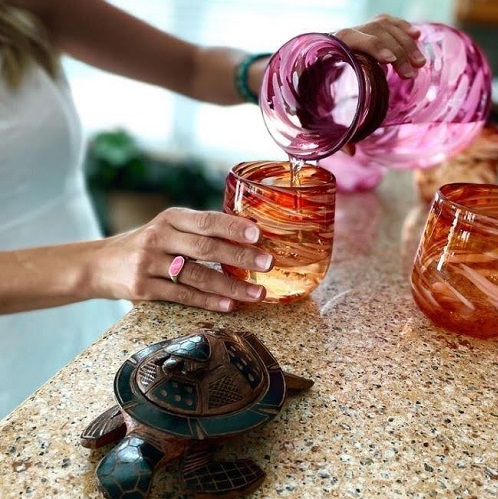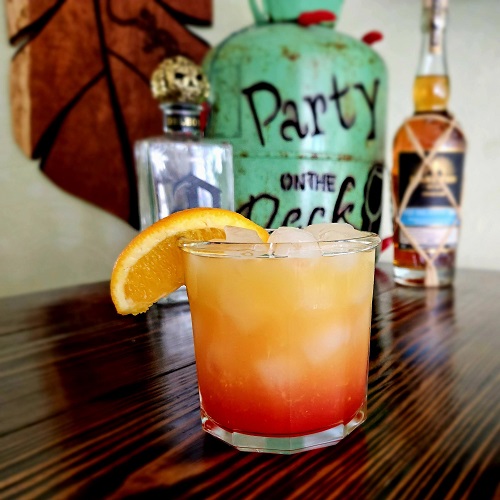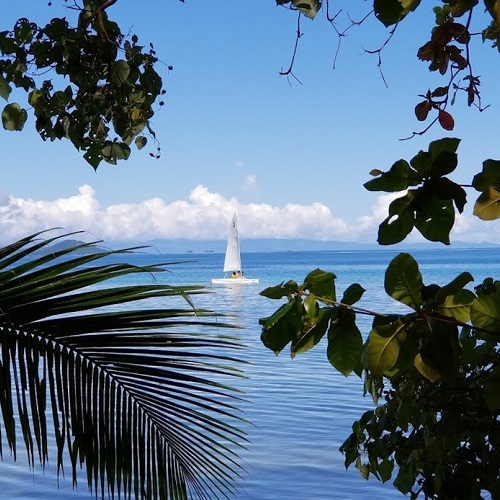
Tiki Décor Guide: How to Create an Awesome Tiki Space

What Are the Different Styles or Themes of Tiki?
Tiki Culture: Is It Exploitation?
In our previous post, we mentioned that there are some things in the world of Tiki which can be concerning or considered by some people to be exploitation. In this post, we will take a look at the elements of Tiki design which can be construed as cultural appropriation. We feel it is important to do this because we are very passionate about the countries we import from and the people who live there. We love these
Cultural Appreciation vs Cultural Appropriation
The topic of cultural appropriation is an important one. But we caution that it must be looked at objectively and without emotion. It must be balanced with cultural appreciation because there is a big difference between the two. When you travel to far off lands and meet local citizens and artists as we have, you will find that not all cultural representations are insensitive or bad. Regarding Tiki, it does go both ways. Certain elements of it can be off-putting while others should not be. So let’s expand on this a bit.
Some of the original artwork used by the first Tiki bars and restaurants back in the 1930’s and 40’s implied that life in the Pacific Islands was nothing short of idyllic and that they were full of beautiful, idealized, scantily clad women, usually in scenes representing elements of the tropics. The imagery of palm trees, Tiki statues and gods, fiery volcanoes, and native housing made from bamboo and thatched roofs were all combined into an artistic style that in some instances, became a commercialized and almost cartoonish concept of the tropics.

Photo Credit: Jim Heimann Collection/Getty Images

Photo Credit: Miss Fluff Shop
Drinking a

Photo Credit: Cerulean Bay
To put this into perspective for Americans and others, it could be equated perhaps with going into a Catholic or Christian-themed bar where cocktails are served in mugs and glasses that are in the shape of Jesus Christ, angels, or even of the Virgin Mary. The décor would include religious imagery and perhaps even crosses or the Crucifix. Practicing Catholics and Christians would be highly offended.
Now one could argue that this example is a bit extreme because most people would agree that the last thing any Tiki bar or restaurant owner would want is to be purposefully insensitive or even blasphemous. These owners might be completely ignorant about the history of Pacific island cultures and are only wanting to provide relaxing, tropically inspired places for people to enjoy whereas the owner of a Catholic or Christian-themed bar would most likely already know what others would think. The owner would know full well they are being irreverent as they try to be funny and would simply feign ignorance or would claim that they just don’t care about who is offended or not.
So while that might not be the best comparison or example, it does make our point which is that people should be respectful and educate themselves to some degree or at least be aware of the elements of cultures and religions that are not their own or that they do not practice which they plan to use in decorating styles. We recommend that people at least do a bit of research into what it is they want to decorate with to see if any elements of it could possibly be considered as culturally insensitive. While too many people have carried the idea of insensitivity so far to the point where they are offended by everything, it still is a good thing to know at least a few things about the history of your design elements. As the old saying goes, “knowledge is power”.
But this doesn’t mean that cultural elements cannot be celebrated. We had a potential customer once at a trade show who refused to purchase a particular Fijian cannibal fork because it had the image of a face mask on it. He was not from Fiji or any Pacific island but he accused us of cultural appropriation and insensitivity anyway. We had to remind him that the fork was carved by a local artist in Fiji who was using a centuries-old design that his ancestors used in the group of islands where he is from. It was actually a sign of respect for him to make these forks so the woodcarving tradition could continue and so that non-Fijians could experience true Fijian art. He regularly carves for guests at resorts in Fiji and at Fijian cultural exhibitions. He is very honored that we use his designs to educate others about his homeland.

Photo Credit: Cerulean Bay
We mention this because we truly do appreciate foreign cultures and their authenticity. That is a central part of who we are and what we do. If someone thinks that Tiki mugs are inappropriate, especially to serve cocktails, that is their right and they don’t need to include them in their Tiki design. But if someone else wants to, that is their right too. Everyone should know where they stand with cultural art and any related sensitivities. It is our hope that people be respectful of others and discuss these kinds of things politely and civilly.
We carefully research all of our imported products and who makes them. We personally connect with each artist when possible. We research local cultures to see how these products fit into those cultures so that we can tell the wonderful story about each one on our site. We are also very aware that while many people will voice concerns that appear to be genuine, others can see that as virtue signaling.

Photo Credit: Cerulean Bay Shop
In our research and discussions with people from different Pacific islands, we have found that most people have chosen not to let Tiki be an issue for them. While a minority do view it as a form of exploitation, most local residents do not. They realize that the elements of Tiki which have been commercialized and are used so casually abroad are not used that way in their homelands.
The Americanized representations don’t exist in the islands so locals are not exposed to them. It is only when these islanders travel to the US and elsewhere and happen to see aspects of their cultures that have been commercialized that some are offended and would prefer not to see it. Seeing cocktails served in mugs with the faces of ancestors or ancient gods on them can be difficult for some and we understand that.
We have also had local islanders tell us that they don’t really like having their countries viewed by the rest of the world as being


Photo Credits: Rise Beyond The Reef
But this same group of islanders also sees the flip side of that statement. They do realize that tourism is the largest source of income for these islands. They know that they need visitors from all over the globe. And what do they want their guests to see? The incredible beauty of their islands, the beaches, the amazing resorts, and everything else that makes these places the best places to vacation on earth. They want tourists to know that their people are very warm and welcoming. Hawaii is famous for its “Aloha spirit”. Fiji is famous for the big “Bula!” that visitors receive when the local people are genuinely wishing them a wonderful day full of health and happiness. So they understand how for many tourists it can be very hard to leave.

Photo Credit: Matangi Private Island Resort
At the end of the day, Pacific Islanders realize why visitors fall in love with these island nations. They understand why tourists don’t want their vacations to end and why some want to recreate their experiences in the form of tiki bars and

Photo Credit: Matangi Private Island Resort
Final Thoughts
So while Tiki bars and restaurants do not always represent Pacific island cultures accurately or in the most appropriate ways, we believe that anyone who decides to decorate and entertain in Tiki style is only doing so with a good and kind heart and with the best intentions. Their love for the tropics is obvious and they know that a world without the tropics and without Tiki would be so much more dull and boring. We at Cerulean Bay understand this very deeply. We want people to recreate their incredible










